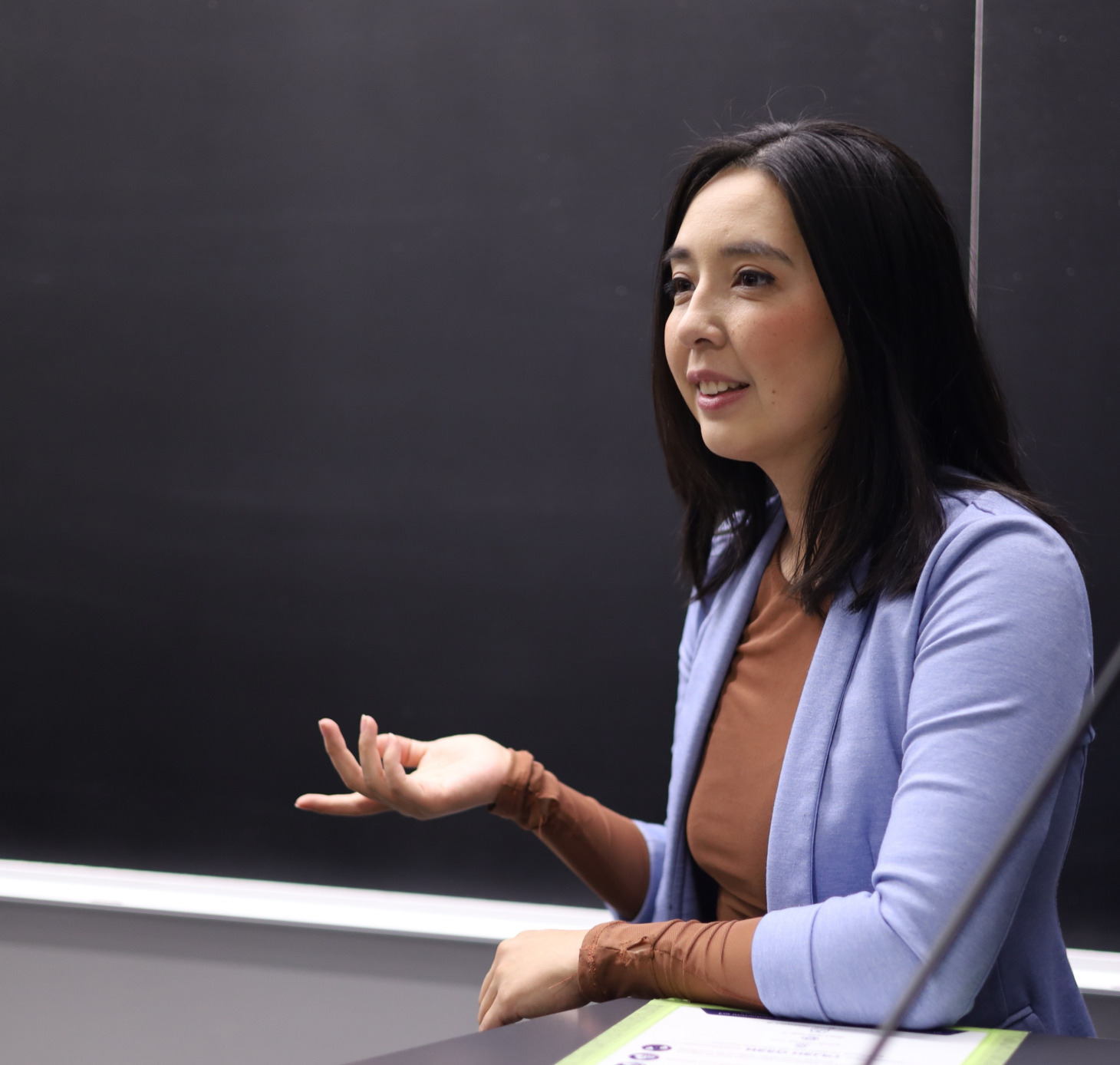Laura Lee Fedoryshin Prashad
Professional Development
Empower Your Team
Looking to strengthen your team’s science instruction? My professional development workshops provide practical, hands-on strategies to help educators engage students, encourage inquiry, and make science approachable at every grade level. From designing high-impact lessons to guiding students through the scientific process and integrating AI into the classroom, these sessions are designed to give your staff actionable tools they can apply immediately. Perfect for teams looking to elevate science learning with confidence and consistency.
Visits can be customized to suit your needs and a selection of my most popular topics are listed below.

Presentations Includeons Include:

Build lasting confidence
This workshop is for educators who want to help students embrace challenges and build confidence in STEM learning. Discover practical strategies to create a supportive classroom environment where students see mistakes as learning opportunities and feel comfortable taking academic risks. We will explore how to help students understand the scientific process as a journey, encouraging them to persist through challenges and develop a growth mindset. Discover techniques to reduce test anxiety and walk away with actionable tools to strengthen student confidence and help them approach STEM with curiosity and resilience.
Workshop Highlights:
- Creating a Safe Space
- Overcoming test anxiety
- Helping students understand the scientific process as a journey

High-Impact Science Lessons
Take Your Science Lessons to the Next Level
This workshop is for educators who already use experiments but want to make them more engaging and effective. Discover practical strategies to boost student engagement, encourage inquiry, and help students apply scientific thinking to real-world problems. We will discuss the stages of learning in the scientific process as well as science learning as a whole. Knowing where students are in theri development allows you to guide them toward mastery step by step. Learn how to Break Down Big Ideas to help students connect classroom learning to real-world issues like AI, weather forecasting, and healthcare. Build student confidence and equip them with the skills to apply scientific thinking to everyday situations, like reading food labels or avoiding a cold.
Workshop Highlights:
- Mapping the learning journey in science
- Breaking Down Big Ideas
- Incorporating Inquiry

Teaching Scientific Literacy and Research
Strong communicators achieve more.
In science, strong oral and written communication skills are often overlooked—but they’re key to success. Scientists who communicate their findings clearly are more likely to advance, just like business professionals who excel at presenting ideas. This session will help you teach students essential research and communication skills, including citing sources, avoiding plagiarism, and writing evidence-based reports. Learn strategies to help students analyze texts and present findings confidently. I’ll also share resources to simplify teaching citations and plagiarism using technology, making the process easier for you and your students.
Workshop Highlights:
- Tools and Assignments to Simplify Presentations
- Scaffolding and structuring Written Reports
- Incorporating Oral Communication Practice

AI: Challenges and Opportunities
Because its here to stay
Explore the fundamentals of AI and its early history before it became widely used. This session will help you understand how AI has evolved and how to introduce it effectively in science education. Learn how to address common fears and misconceptions about AI, helping students see it as a tool for learning rather than a threat. You’ll gain practical strategies for integrating AI into your curriculum as a learning tool. We’ll also discuss how to guide students in questioning AI-generated information and understanding its limitations, empowering them to think critically about the role of AI in science and society. Walk away with actionable tools to make AI a meaningful part of your science classroom.
Workshop highlights
- What and where is AI?
- What do I need to watch out for as an educator?
- How can I use AI postivitly in my classroom?